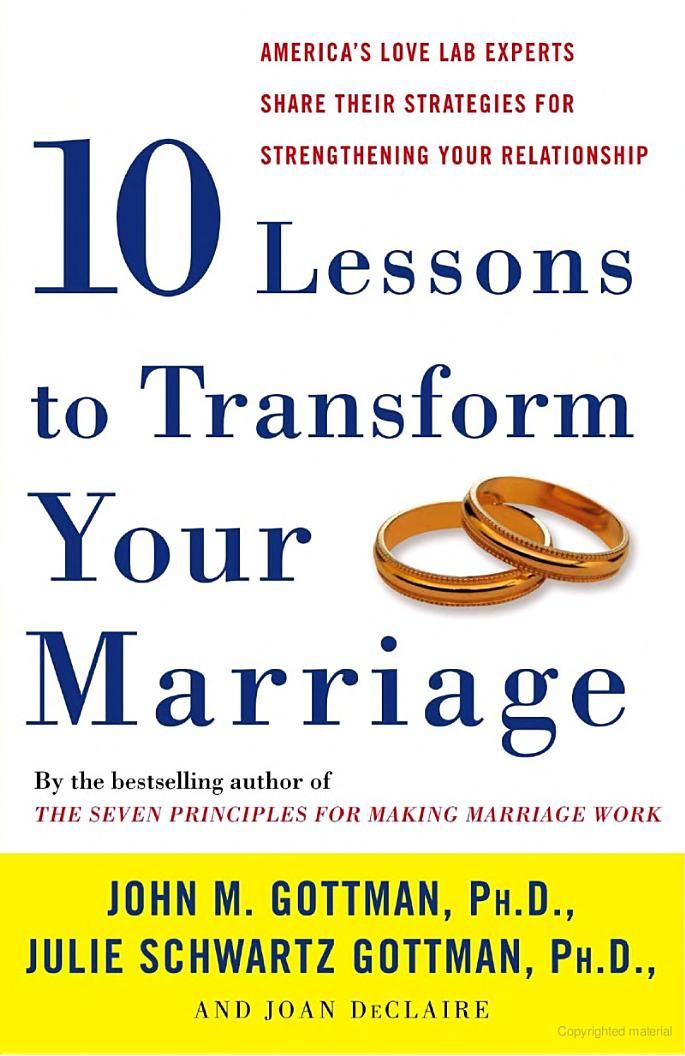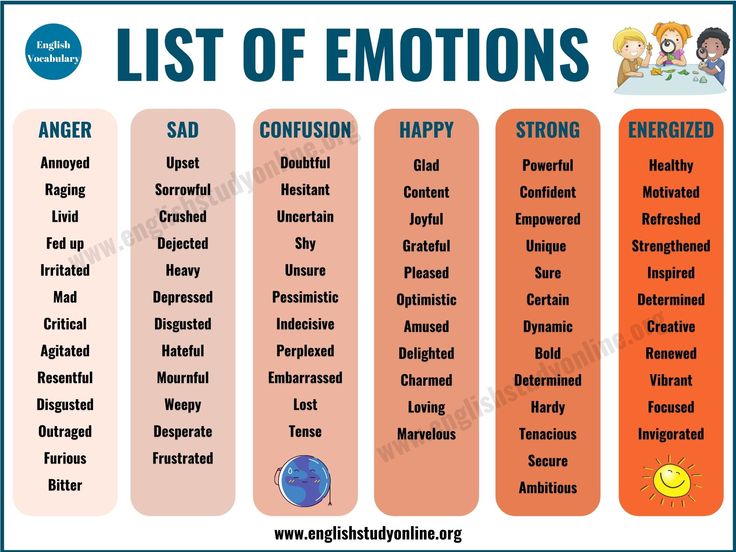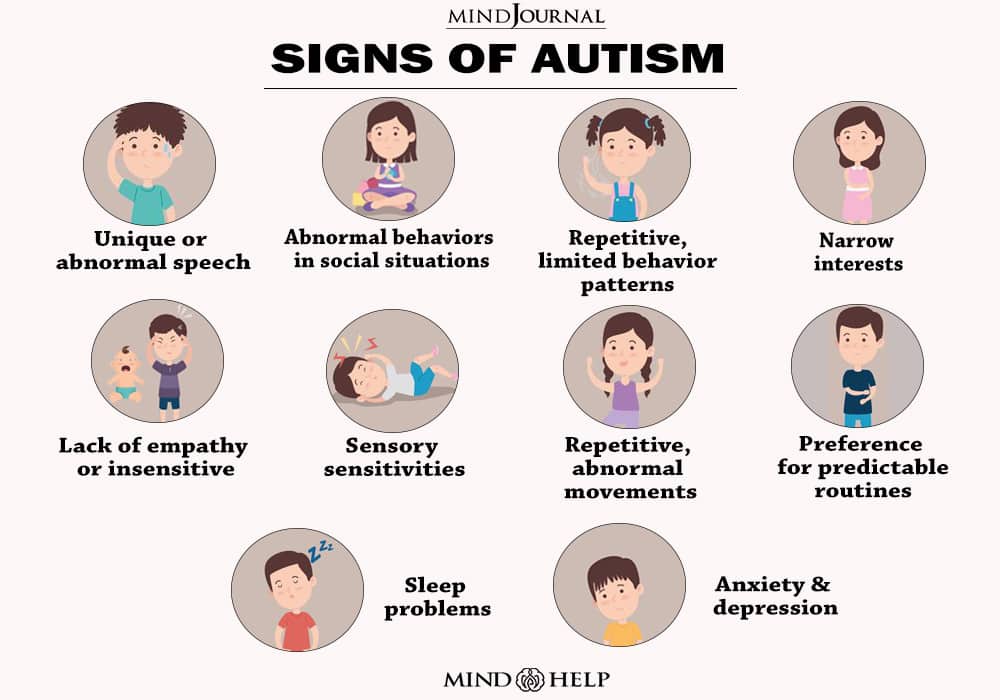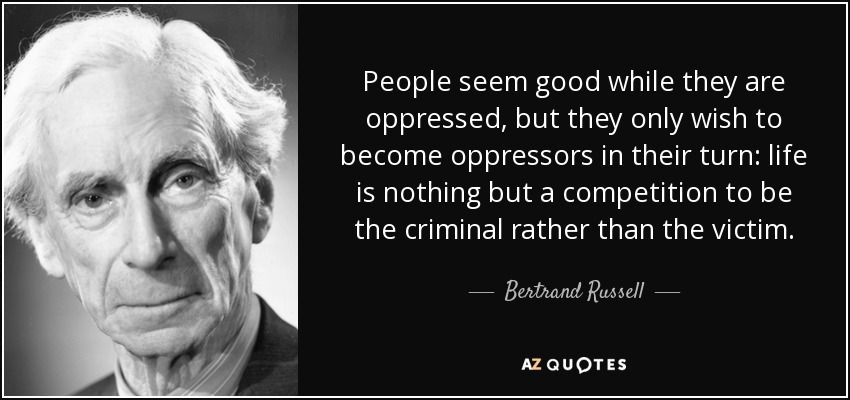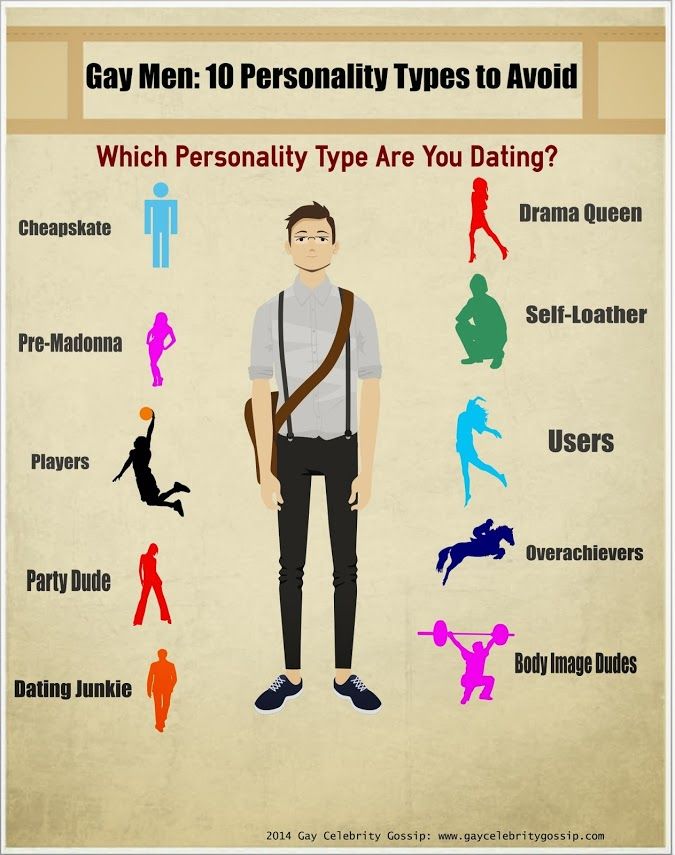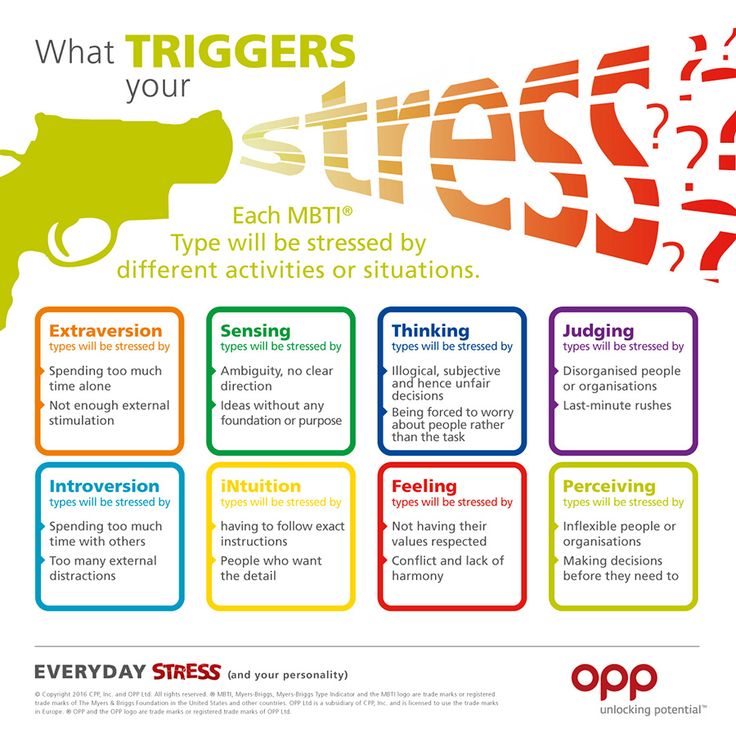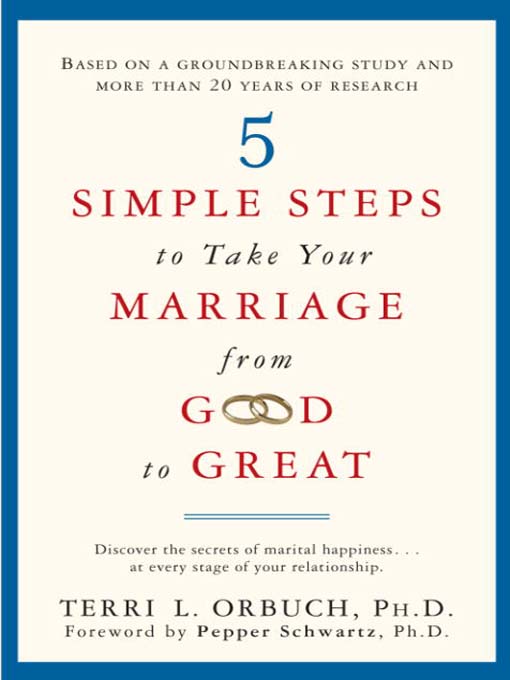Principles for marriage
8 Keys for a Successful and Healthy Marriage
Last Updated:
“Success in marriage does not come merely through finding the right mate, but through being the right mate.” – Barnett R. Brickner
Years ago, my family and I embraced a minimalist lifestyle. We decided that too much clutter had collected in our home and it was demanding too much of our money, energy, and precious time.
We embarked on a journey to sell, donate, recycle, or remove as many of the non-essentials possessions from our home as possible. It was one of the best decisions we ever made.
When we began removing the “stuff” from our life, we found a whole new world open up. We found that we had more time for the things that we valued most.
Now, as a result, we spend more time at the dinner table, we take longer walks as a family, and we have been able to save money for some worthwhile experiences—like a weekend at the beach, for example.
Removing the non-essentials has allowed us to focus more on the essentials. And we have discovered that true life is found there.
Often times, our marriages follow the same trajectory.
At first, when we have nothing but each other, we focus intently on the important building blocks of a healthy and successful marriage. But as our relationship continues forward, “stuff” begins to accumulate and begins to distract us from the very essentials of what makes a good marriage.
Suddenly, we worry more about the appraisal value of our home than the value of our relationship. We check the health of our retirement account far more often than the health of our marriage. Or we spend more time taking care of the car in the garage than the other person in our bed.
Things begin to accumulate in our homes and lives and soon demand our money, energy, and precious time. As a result, we have little left over for caring for the very elements of a happy marriage.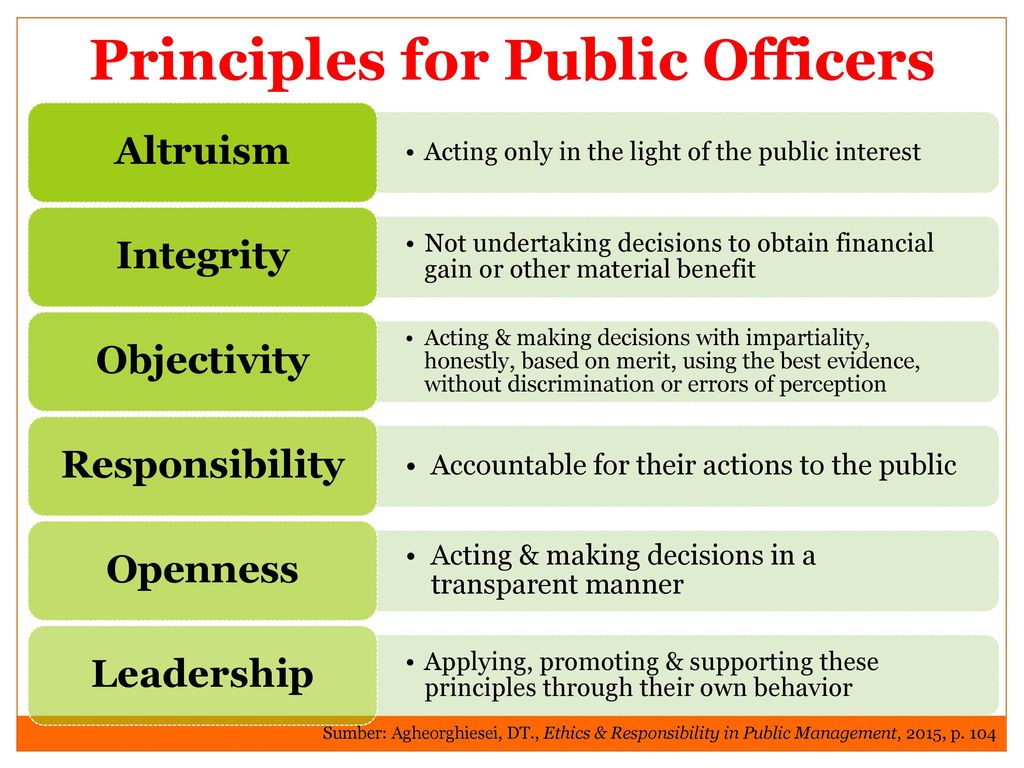
Wise couples realize that a nice home, car, or retirement account may appear nice to have, but they do not make a successful marriage. They understand that there are far more important principles at play.
They have learned to invest their money, energy, and time into the 8 essentials of a healthy marriage:
1. Love/Commitment.
At its core, love is a decision to be committed to another person. It is far more than a fleeting emotion as portrayed on television, the big screen, and romance novels. Feelings come and go, but a true decision to be committed lasts forever—and that is what defines healthy marriages.
Marriage is a decision to be committed through the ups and the downs, the good and the bad. When things are going well, commitment is easy. But true love is displayed by remaining committed even through the trials of life.
2. Sexual Faithfulness.
Sexual faithfulness in marriage includes more than just our bodies.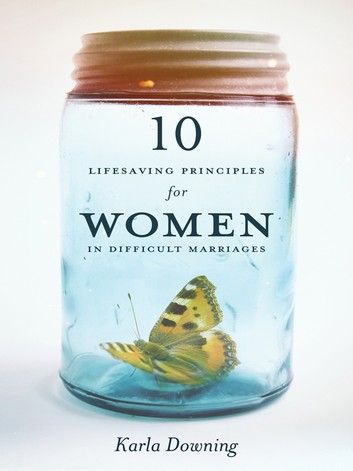 It also includes our eyes, mind, heart, and soul. When we devote our minds to sexual fantasies about another person, we sacrifice sexual faithfulness to our spouse. When we offer moments of emotional intimacies to another, we sacrifice sexual faithfulness to our spouse.
It also includes our eyes, mind, heart, and soul. When we devote our minds to sexual fantasies about another person, we sacrifice sexual faithfulness to our spouse. When we offer moments of emotional intimacies to another, we sacrifice sexual faithfulness to our spouse.
Guard your sexuality daily and devote it entirely to your spouse. Sexual faithfulness requires self-discipline and an awareness of the consequences. Refuse to put anything in front of your eyes, body, or heart that would compromise your faithfulness.
3. Humility.
We all have weaknesses and relationships always reveal these faults quicker than anything else on earth. An essential building block of a healthy marriage is the ability to admit that you are not perfect, that you will make mistakes, and that you will need forgiveness. Holding an attitude of superiority over your partner will bring about resentment and will prevent your relationship from moving forward.
If you struggle in this area, grab a pencil and quickly write down three things that your partner does better than you—that simple exercise should help you stay humble. Repeat as often as necessary.
Repeat as often as necessary.
4. Patience/Forgiveness.
Because no one is perfect (see #3), patience and forgiveness will always be required in a marriage relationship. Successful marriage partners learn to show unending patience and forgiveness to their partner. They humbly admit their own faults and do not expect perfection from their partner. They do not bring up past errors in an effort to hold their partner hostage.
And they do not seek to make amends or get revenge when mistakes occur. If you are holding onto a past hurt from your partner, forgive him or her. It will set your heart and relationship free.
5. Time.
Relationships don’t work without time investment. Never have, never will. Any successful relationship requires intentional, quality time together. And quality time rarely happens when quantity time is absent.
The relationship with your spouse should be the most intimate and deep relationship you have. Therefore, it is going to require more time than any other relationship. If possible, set aside time each day for your spouse. And a date-night once in a while wouldn’t hurt either.
If possible, set aside time each day for your spouse. And a date-night once in a while wouldn’t hurt either.
6. Honesty and Trust.
Honesty and trust become the foundation for everything in a successful marriage. But unlike most of the other essentials on this list, trust takes time. You can become selfless, committed, or patient in a moment, but trust always takes time. Trust is only built after weeks, months, and years of being who you say you are and doing what you say you’ll do. It takes time, so start now—and if you need to rebuild trust in your relationship, you’ll need to work even harder.
7. Communication.
Healthy marriage partners communicate as much as possible. They certainly discuss kids’ schedules, grocery lists, and utility bills. But they don’t stop there. They also communicate hopes, dreams, fears, and anxieties. They don’t just discuss the changes that are taking place in the kid’s life, they also discuss the changes that are taking place in their own hearts and souls.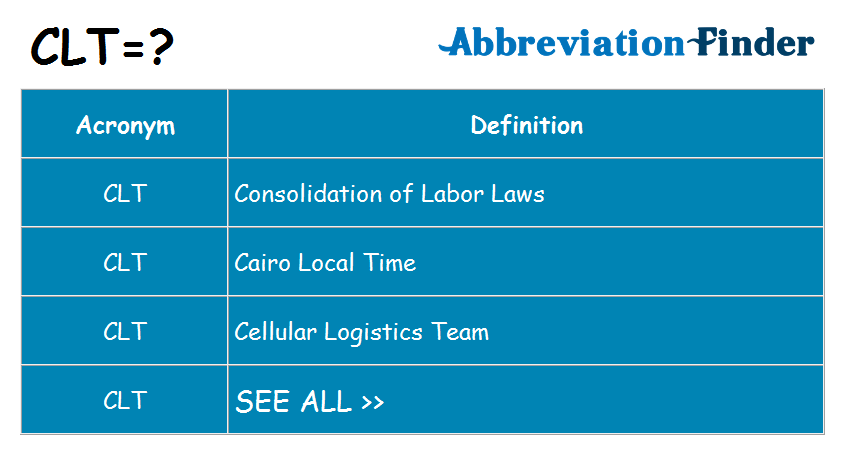
This essential key cannot be overlooked because honest, forthright communication becomes the foundation for so many other things on this list: commitment, patience, and trust—just to name a few.
8. Selflessness.
Although it will never show up on any survey, more marriages are broken up by selfishness than any other reason. Surveys blame it on finances, lack of commitment, infidelity, or incompatibility, but the root cause for most of these reasons is selfishness. A selfish person is committed only to himself or herself, shows little patience, and never learns how to be a successful spouse. Give your hopes, dreams, and life to your partner. And begin to live life together.
This is a simple call to value our marriages, treat them with great care, and invest in them daily.
Accomplishing the marriage advice listed above will always require nearly every bit of yourself—but it so worth it if you want to learn how to have a happy marriage.
A successful and healthy marriage is more valuable than most of the temporal things we chase after with our lives. And will always last longer.
And will always last longer.
7 Important Principles of Marriage
Whether you are about to get married or are looking to improve your existing marriage, you need to acknowledge the principles of marriage that make it last. Getting these right will set you on the right track.
Marriage principles can guide couples to establish a good foundation for their marriage. And these can help you get through tough times as a couple.
You probably already know that marriage is indeed hard work if you are already married. And as a couple who is new to marriage, you may want to
Here are 7 principles of making marriage work that you must always hold on to for making things work
Principles of a good marriageAmerican Psychologist Dr. John Gottman, in his book ‘The Seven Principles for Making Marriage Work,’ explains the foundational rules that can guide and enhance the companionship offered within marriage.
Gottman talks about the importance of allowing yourself to grow your fondness for your partner and getting influenced by their traits. It builds a healthy and familiar bond, which is important for surviving any marriage.
It builds a healthy and familiar bond, which is important for surviving any marriage.
Furthermore, solving the big and small problems in marriage and depending on each other even during problems are part of the seven principles of making marriage work. They help deal with the inevitable obstacles that will come up in marriage.
Marriage requires work and it can often be confusing to understand what helps in making a marriage work. However, by following the important principles of marriage explained below, you can enhance the state of your marriage.
Related Reading: Principles of a Happy Romantic MarriageKey principles of marriage
Marriage principles help by making marriage simple to understand and uphold. They give some basic guidelines to maintain a healthy equation with your spouse and ensure marital bliss.
Making a marriage work requires commitment and a desire to improve things between you and your partner. The principles of marriage mentioned below can act as your marriage building worksheets to look at and evaluate your relationship.
The principles of marriage mentioned below can act as your marriage building worksheets to look at and evaluate your relationship.
1.
CommunicateFor any two people in a relationship, the importance of healthy communication cannot be stressed enough. It is often improper communication or the lack of proper conversation that ruins relationships.
The simple yet extremely powerful act of communicating properly can do wonders for your relationship and that’s why it is one of the key principles of marriage. Often, people tend to ignore the issues at hand by not discussing them.
Such behavior will temporarily make things seem better, only for them to worsen later. It is usually advisable to resolve issues before they blow out of proportion.
To improve communication with your partner it is also important to realize what sorts of behavior lead to open communication.
To do this, make a list of dos and don’ts. After that, make sure you do the things that will help your partner open up to you.
Related Reading: 16 Principles for Effective Communication in Marriage2. Give each other space
The idea of giving each other space in a relationship may seem weird to many people. But, for several people, personal space is extremely important and therefore it is something they can not ever compromise upon.
Personal space is actually not a bad thing. And you should not take it to heart if your partner asks for it. It is their right too, just like everybody else’s.
Giving your partner a little time away from yourself will prove to be great for your relationship too. It will help you and your partner relax and give the two of you time to miss each other.
To practice this, plan a day out for yourself and tell your partner to go out with their friends. You’ll be amazed to see the energy they return with and that’s why giving space is one of the important principles of marriage.
Related Reading: Let There Be Some Space in Your Relationship3.
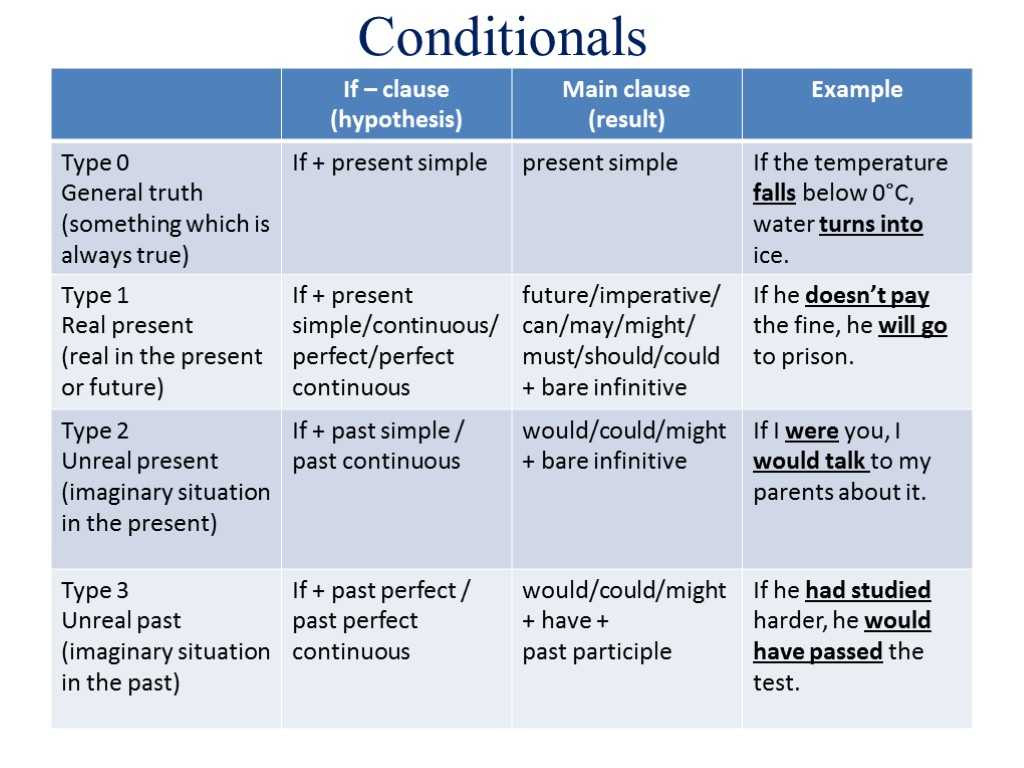 Build trust
Build trustTrust should perhaps be the basis of every relationship in your life and most importantly, marital relationships. Many people believe that without trust, relationships have no reason to continue.
Rightly so, trust is a critical pillar that can make or break bonds. Trust is usually built over time and can be broken in seconds. Therefore, it is regarded as one of the key principles of marriage that make it last.
It is essential that you and your partner discuss the boundaries of the relationship to understand what is and isn’t off-limits.
Once the two of you are on the same page, it becomes easier to determine how to behave.
Related Reading: Setting Healthy Boundaries in a Relationship4. Mutual respect
Respecting your partner is absolutely necessary and that’s why it is one of the important principles of marriage. Lack of mutual respect can lead to troubled relationships that may eventually end painfully.
Respect is the fundamental right of every individual. Therefore in any marriage, partners should make sure they give each other this fundamental right. Often, because of mutual respect, many partners can check how they behave during arguments.
If either you or your partner disrespects the other, it can worsen every disagreement. It can lead to resentment and negativity festering within the marriage.
5. Spend quality time with each otherSee how we wrote quality time and not just time?
A meaningful chat over a cup of tea will do you and your relationship more good than the hour you spent watching the news on the television with your spouse, without making any conversation.
Taking out time for your relationship is just as important as taking out time for yourself. When you give someone part of your time, it shows that you value and care for your spouse. That’s why you should treat this as one of the 7 principles of marriage.
Research shows that quality time with your spouse positively affects the relationship and individual stress levels.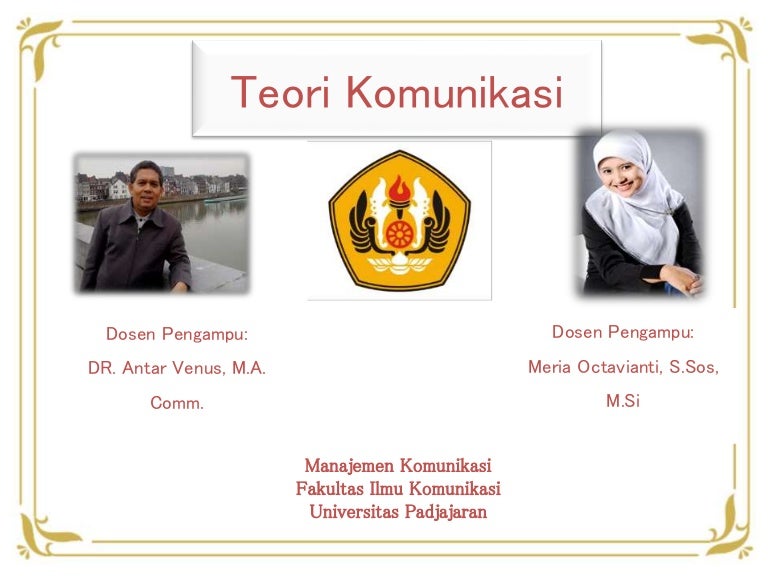 So, every day when you come back from work, try to sit down with your spouse to talk about the day’s events instead of scrolling through your phone.
So, every day when you come back from work, try to sit down with your spouse to talk about the day’s events instead of scrolling through your phone.
This small practice will help you connect with your partner and make them feel valued.
Related Reading: 11 Ways to Have Quality Time With Your Partner6. Love
Love is probably the main reason people decide that they want to get married in the first place. That is why it is a significant part of the seven principles of making marriage work.
Love makes people do unusual stuff and it is love that makes people want to stay together irrespective of any differences they might have.
However, love can fade with time like everything else in the world, so you must keep working to keep the spark alive. Complacency and taking things for granted can make the relationship stale and boring.
Small gestures can go a long way. You’ll be surprised to see how just a text message out of the blue that says ‘I love you’ can make your partner jump with joy.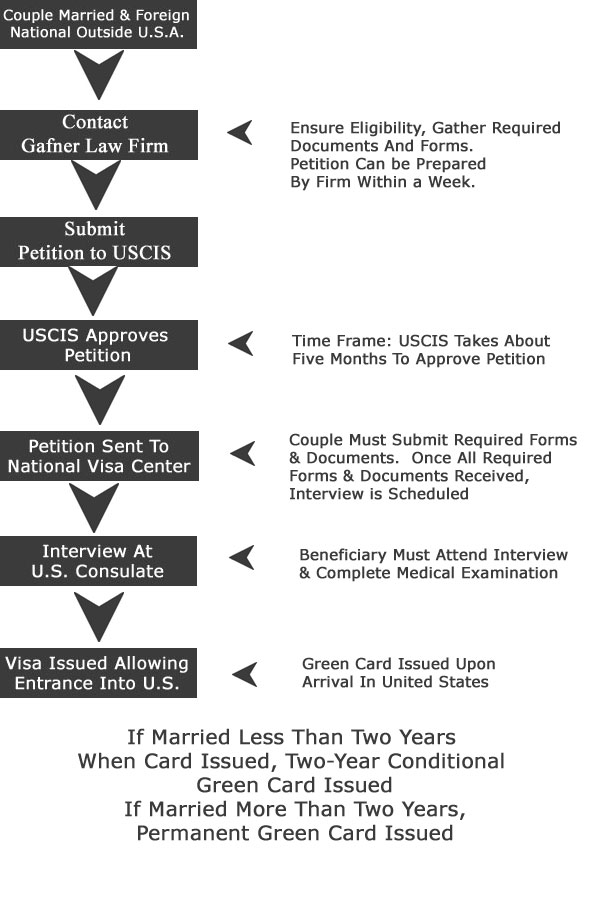
Related Reading: Relationship Benefits and the Importance of Love in Marriage
Watch this video to learn more about the little gestures that can make a big difference in your marriage:
If you are getting married and you think you’ll always get things done your way and that you’ll never have to compromise, then please think again.
No relationship is perfect, so both partners have to work towards making it better.
Compromise is, therefore, inevitable. Research shows that compromises are beneficial for relationships.
You can not and will not always get what you want. So, sometimes you will just have to be patient about the turn of events and, in many cases, compromise for your partner’s sake or for the sake of your relationship. A little patience will take you a long way.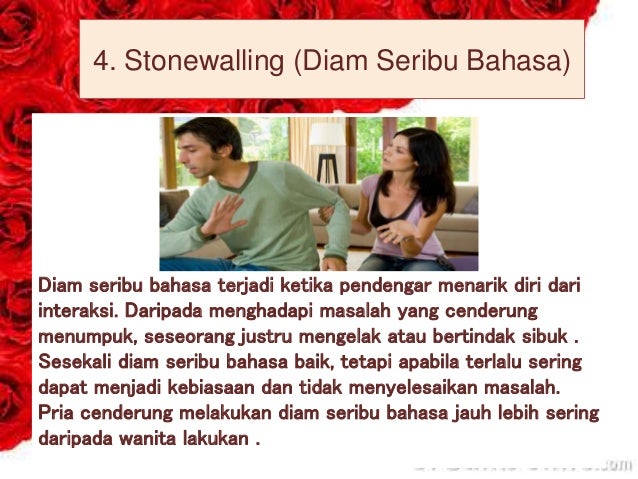
If you are struggling in your married life but still want to give it another shot, please understand that marriage is hard work. It will require a lot of consistent efforts from both partners and these efforts usually take time to bring their results.
Don’t expect instant outcomes. Just be patient and give it your all.
ConclusionThe principles of marriage work mentioned in this piece can guide a marriage in a healthier direction. If the foundation of your marriage is built on these 7 principles of marriage, you are more likely to have a long-lasting marriage.
These seven principles of marriage may seem basic, but they are transformative when appropriately utilized to establish a stronger connection with your spouse. It can help you avoid the frustration, resentment and negative sentiments that can build up in a marriage.
Convention on Consent to Marriage, Age of Marriage and Registration of Marriages - Conventions and Agreements - Declarations, Conventions, Agreements and Other Legal Materials
Opened for signature and ratification by General Assembly resolution 1763 A (XVII) of 7 November 1962
The Contracting States
Desiring in accordance with the Charter of the United Nations to promote universal respect for and observance of human rights and fundamental freedoms for all without distinction as to race, sex, language or religion,
meaning that article 16 of the Universal Declaration of Human Rights provides:
“1) Men and women who have reached the age of majority have the right, without any restriction on grounds of race, nationality or religion, to marry and found a family.
They enjoy the same rights in relation to entering into marriage, during the state of marriage and upon its dissolution.
2) Marriage may only be entered into with the free and full consent of both parties to the marriage,
Also bearing in mind that the General Assembly of the United Nations, in resolution 843 (IX) of 17 December 1954, held that certain customs, obsolete laws and practices relating to marriage and the family were contrary to the principles set forth in the Charter of the Organization of the United Nations and in the Universal Declaration of Human Rights,
Reaffirming that all States, including those bearing or assuming responsibility for the administration of Non-Self-Governing and Trust Territories pending their independence, should take all appropriate steps to abolish such practices obsolete laws and practices through, inter alia, full freedom to choose a spouse, the total abolition of child marriage and pre-puberty pre-marriage agreements for girls, the imposition, where necessary, of appropriate penalties and the establishment of a civil registry or other about a register in which all marriages would be registered,
hereby agree as follows:
Article 1
1. Marriage shall not be contracted without the full and free consent of both parties, which must be expressed by them personally, in accordance with the law, after due announcement, in the presence of a representative of the authorities, having the right to formalize the marriage, and in the presence of witnesses.
Marriage shall not be contracted without the full and free consent of both parties, which must be expressed by them personally, in accordance with the law, after due announcement, in the presence of a representative of the authorities, having the right to formalize the marriage, and in the presence of witnesses.
2. Notwithstanding the provisions of paragraph 1 of this article, the presence of one of the parties is not required if the appropriate competent authority is satisfied that there are exceptional circumstances and that this party, before any competent authority and in the manner prescribed by law, has declared consent and did not take it back.
Article 2
The States Parties to this Convention shall enact legislation establishing a minimum age for marriage. Marriage shall not be entered into with a person under the prescribed age, unless the competent authority, in the interests of the parties to the marriage, authorizes an exception to this rule for serious reasons.
Article 3
All marriages are registered by the competent authority in the relevant official register.
Article 4
1. This Convention is open until 31 December 1963 for signature by all States Members of the United Nations or of any specialized agency and by any other States invited by the General Assembly of the United Nations to become parties to this Convention.
2. This Convention is subject to ratification. Instruments of ratification shall be deposited with the Secretary General of the United Nations.
Article 5
1. This Convention shall be open for accession to all States referred to in Article 4, paragraph 1.
2. Accession shall be effected by the deposit of an instrument of accession with the Secretary General of the United Nations.
Article 6
1. This Convention shall enter into force on the ninetieth day after the date of the deposit of the eighth instrument of ratification or accession.
2.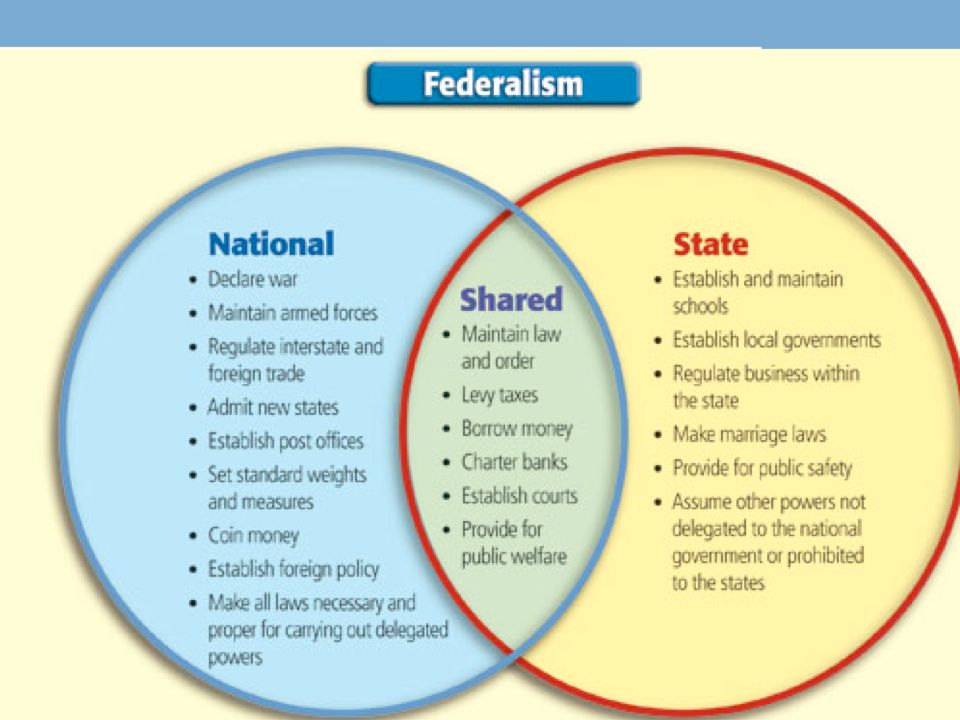 For each State which ratifies or accedes to this Convention after the eighth instrument of ratification or accession has been deposited, this Convention shall enter into force on the ninetieth day after the deposit by that State of its instrument of ratification or accession.
For each State which ratifies or accedes to this Convention after the eighth instrument of ratification or accession has been deposited, this Convention shall enter into force on the ninetieth day after the deposit by that State of its instrument of ratification or accession.
Article 7
1. Any Contracting State may denounce this Convention by written notification addressed to the Secretary General of the United Nations. The denunciation shall take effect one year from the date of receipt of this notification by the Secretary General.
2. This Convention shall cease to be in force on the date of entry into force of a denunciation which reduces the number of Parties to eight.
Article 8
Any dispute arising between any two or more Contracting States concerning the interpretation or application of this Convention not settled by negotiation shall, at the request of all parties to the dispute, be referred to the International Court of Justice for decision, unless the parties agree otherwise.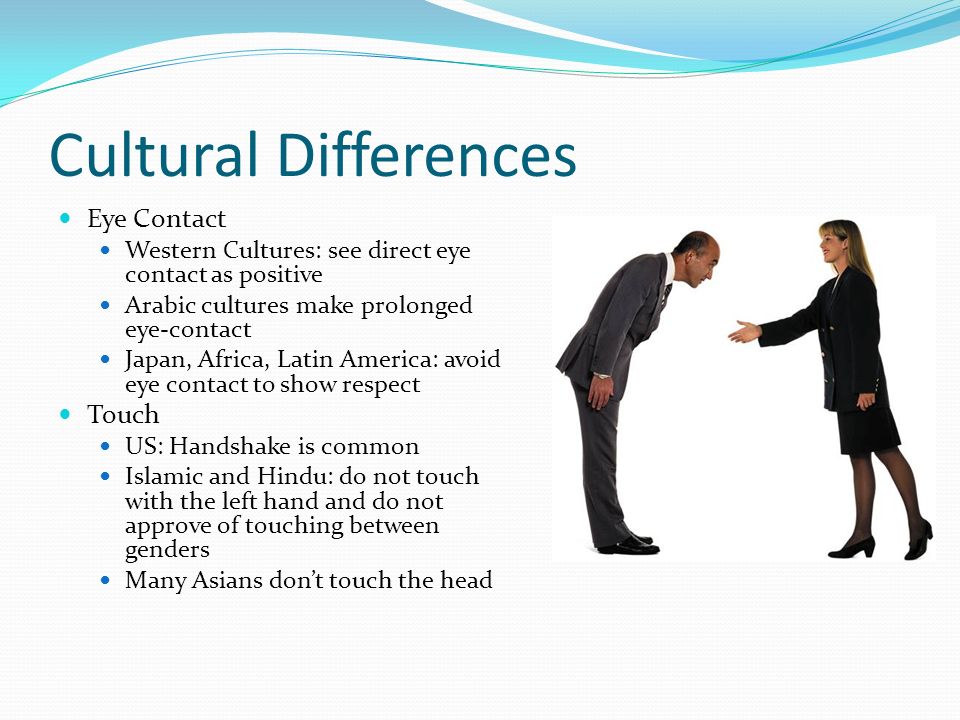
Article 9
The Secretary-General of the United Nations shall notify all States Members of the United Nations and non-Members of the United Nations referred to in paragraph 1 of Article 4 of this Convention of the following:
a ) signing the Convention and receiving instruments of ratification in accordance with Article 4;
b ) on receipt of certificates of accession in accordance with Article 5;
c ) on the date on which this Convention enters into force in accordance with Article 6;
d ) notices of denunciation received under paragraph 1 of article 7;
e ) that the Convention ceases to be in force under article 7, paragraph 2.
Article 10
1. This Convention, of which the Chinese, English, French, Russian and Spanish texts are equally authentic, shall be deposited in the archives of the United Nations.
2. The Secretary-General of the United Nations will deliver certified copies of this Convention to all States Members of the United Nations and non-Members of this Organization referred to in Article 4, paragraph 1.
Read online "The 7 Principles of a Happy Marriage, or Emotional Intelligence in Love" by John Gottman - LitRes
John M. Gottman, Ph.D. and Nan Silver
The Seven Principles of Making Marriage Work
Copyright © 1999 by John Gottman, Ph.D. and Nan Silver All rights reserved
COMMUNICATION PSYCHOLOGY
The right to "left". Why do people cheat and is it possible to avoid cheating
Why do people cheat? What makes them start second families and develop complex schemes for leading a double life? Esther Perel, a practicing psychotherapist, has worked with hundreds of infidelity couples over the course of 10 years. Her book is a comprehensive study of the desire that arises when looking at the side.
MF. How to learn to live soul to soul with the one you love
How to learn to live soul to soul with the one you love
Find out what is happening in the head and heart of your beloved from the book of the popular psychologist Alexei Kapranov. This witty guide to happy relationships will teach you how to live in perfect harmony and get what you really want from your partner.
I'm sorry if I call you an asshole. How to learn to play by men's rules and win in love
The truth, the truth and nothing but the truth. With shocking frankness, Mirko Spelta reveals what men really think about plastic surgery, cellulite and ballet flats. You will also learn how social networks have influenced the concept of love, how to translate female allusions into the language of male logic, and why you should not turn to your friends for advice.
Let's not fight anymore. 12 types of family conflicts and instructions for ending them
If scandals have become the norm of communication with your soulmate, it's time to change something. Michelle Brodie, a psychologist with twenty years of experience, identified 12 types of family conflicts. The author of the book describes the mechanism of each of them and offers a simple technology for their resolution. This is an easy-to-follow, but profound guide for couples on how to remove from your daily communication everything that hurts, offends and alienates you from each other.
Michelle Brodie, a psychologist with twenty years of experience, identified 12 types of family conflicts. The author of the book describes the mechanism of each of them and offers a simple technology for their resolution. This is an easy-to-follow, but profound guide for couples on how to remove from your daily communication everything that hurts, offends and alienates you from each other.
Foreword
Maria Krivoshchapova-Demina, systemic family therapist, the first Russian specialist to be trained and certified according to the John Gottman method
In 2009, in distant Australia, I was lucky to attend a conference on positive psychology “Happiness and its causes” where I first saw John Gottman. His master class was called "Art and Science of love", it lasted a whole day, during which my husband and I watched John work with couples, did the exercises ourselves and laughed very, very much. Incredibly charismatic, energetic, with a great sense of humor, scholar and practitioner. His master class impressed me, I got excited: I want to study with him, I want his studies of marriage to become known in Russia.
His master class impressed me, I got excited: I want to study with him, I want his studies of marriage to become known in Russia.
Years passed, but the idea of studying with Gottman never let me go. In 2017, I finally started the Gottman Method Couples Therapy program and met John himself and his charming wife, Julie. At the moment, I have three modules of the program behind me and now, already in 2018, I am going through the certification process.
I am sometimes asked: what is so special about this Gottman and his approach?
John began his scientific research over 40 years ago. Together with his colleagues, he created the so-called "Laboratory of Love" - a room very similar to an ordinary apartment, but equipped with cameras, microphones, a one-way mirror, behind which scientists observed and recorded everything that happened inside.
50 couples lived in this apartment, and another 650 couples were interviewed each year, where they were asked to discuss current issues, remember their first dates, talk about their parents' marriages, etc.
Gottman guided these couples for decades, meeting them Every year. So he was aware of who got divorced, who became happier, who became emotionally distant, who managed to resolve an old conflict, who had children and how this affected the marriage. After each meeting, John made a prediction about the joint future of a particular couple and after a year checked whether he was right. In addition to making predictions, he made recommendations to study participants and could subsequently evaluate how effective they were.
So all the conclusions and advice of Gottman are confirmed by many years of research and practice. This is its main feature.
The number of divorces in Russia is growing, and marital therapy is still one of the most difficult types of psychological assistance. Both professionals and specific families are in dire need of an effective method of working with family, and in particular with marital relations.
Project "Gottman.ru" , which is currently under development, is conceived, on the one hand, as a training center for certified specialists using the John Gottman method, who are able to effectively and professionally provide quality assistance.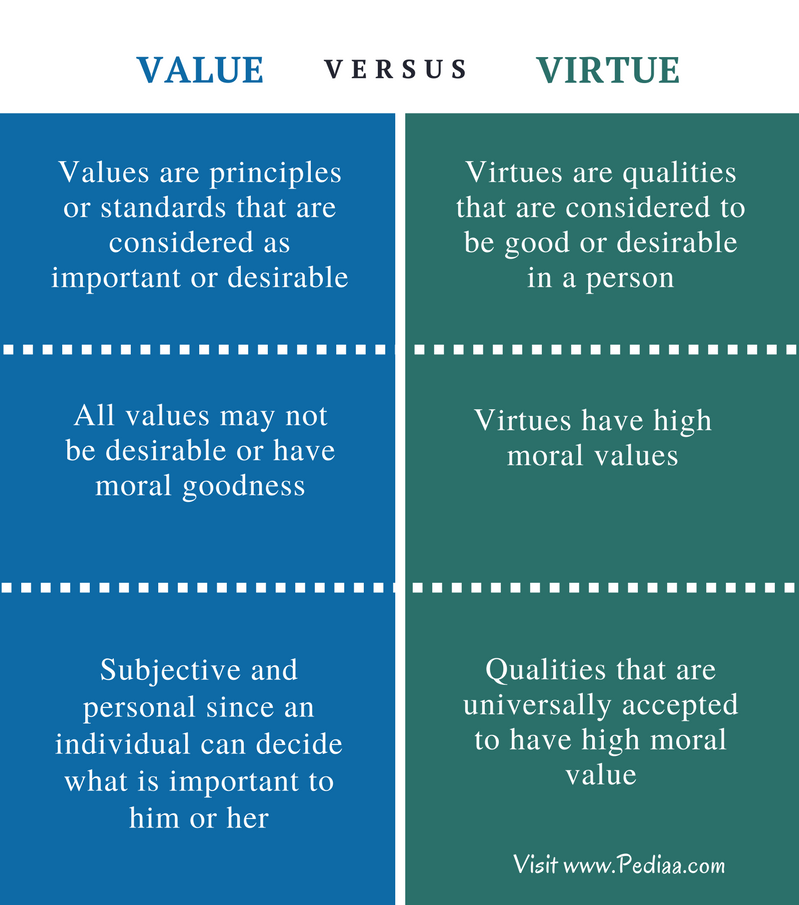 His other task is very practical - to help specific families. Strengthening emotional connection, marital "coaching", resolving conflicts in relationships, coping with crises in family life. I sincerely thank Boris Kholmyansky for his comprehensive support of this project.
His other task is very practical - to help specific families. Strengthening emotional connection, marital "coaching", resolving conflicts in relationships, coping with crises in family life. I sincerely thank Boris Kholmyansky for his comprehensive support of this project.
You are holding Gottman's main book The 7 Principles of a Happy Marriage . It was first published in America in 1999, has been translated into 10 languages of the world today and still remains a bestseller. This is a unique and at the same time very affordable way to get high-quality and effective help: learn how to maintain an emotional connection in a couple, resolve conflicts, respect and admire each other.
Life is fleeting, we are becoming more informational, technically progressive and savvy, but we are still not taught how to build relationships - neither at school nor at university. But at the same time, remember that love is not a bonus, not a pleasant addition to sex, relationships, life. Love is a basic human need. Make your Relationships, your Love, your Partner a priority. And this book will help you!
Love is a basic human need. Make your Relationships, your Love, your Partner a priority. And this book will help you!
You can find other materials, articles, information about courses, counseling, trainings, training according to the method of Dr. John Gottman on the Russian-language website gottman.ru and on my Instagram page: https://www.instagram.com/profamily_42/
Julia Gottman, who gave a new meaning to the word "collaboration", and my main assistants: Sybil Carere, Sharon Fentiman and Katherine Swanson. They turned the work into something wonderful - it was like drinking coffee and eating cakes in an ordinary cafe.
John Gottman
To Arthur, my beloved friend.
Nan Silver
The situations discussed in this book are based on the research of John Gottman. In all cases, names and identifying information have been changed.
Chapter 1
Love "Behind the Glass"
How I "spy" on couples for years
A beautiful sunny morning in Seattle. Newlyweds Mark and Janice Gordin sit down to breakfast. A large Venetian window overlooks Lake Montlaine and the park. Athletes make morning runs, geese leisurely walk. Mark and Janice enjoy eating toasted toast and reading the Sunday papers. A little later, Mark will turn on the broadcast of the football game, while Janice will call her mother, who lives in St. Louis.
Everything seems mundane enough in this one-room apartment until you notice three video cameras on the wall, small microphones on the newlyweds' collars, and [1] Holter monitors, -stuck on the chest. Mark and Janice's family nest isn't really an apartment at all. This is the lab at the University of Washington in Seattle, where for 16 years I led pioneering research into marriage and divorce.
Mark and Janice, participants in one such study (and 49other randomly selected couples) spent time in our apartment, jokingly called the "Laboratory of Love". They were instructed to act as naturally as possible, despite being watched by a team of scientists through a one-way mirror in the kitchen, cameras recording their every word and facial expressions, and sensors monitoring signs of stress or relaxation, such as heart rate. (To protect delicate moments of private life from prying eyes, the couples were observed only from nine in the morning until nine at night, and never in the bathroom.)
They were instructed to act as naturally as possible, despite being watched by a team of scientists through a one-way mirror in the kitchen, cameras recording their every word and facial expressions, and sensors monitoring signs of stress or relaxation, such as heart rate. (To protect delicate moments of private life from prying eyes, the couples were observed only from nine in the morning until nine at night, and never in the bathroom.)
The apartment is equipped with a sofa bed, fully equipped kitchen, telephone, TV. Couples bring groceries, newspapers, laptops, embroidery, sports equipment and even pets—anything they might need to spend a "typical weekend" together.
I wanted to debunk our ideas about marriage - to finally answer the questions that people have puzzled over for so long.
Why is marriage sometimes strong no matter what?
Why do some relationships last a lifetime while others feel like a ticking time bomb?
Is it possible to save a marriage that has already cracked?
After many years of research, I can finally answer these questions. What's more, I've learned to predict whether couples will be happy or go their separate ways by observing a couple in our "love lab" for just five minutes! The accuracy of my forecast is 91 percent.
What's more, I've learned to predict whether couples will be happy or go their separate ways by observing a couple in our "love lab" for just five minutes! The accuracy of my forecast is 91 percent.
These predictions are not based on my intuition or preconceived notions about what marriage "should" be, but on the results of my research.
It is possible that at first you will perceive my words as just another fashionable theory and even dismiss them with annoyance. It's easier to be a cynic when someone says they've figured out the secret to successful marriages and can show you how to save your family. Many consider themselves experts in matters of love and are happy to express their opinion on how to create a perfect union.
But here it is, the key word - "opinion". Prior to the findings of my research, point of view was all that any person trying to help married couples could say. Including a qualified, talented and well-trained marriage counselor.
Usually the help of a specialist is based on professional training, experience, intuition, knowledge of family history, maybe even on religious beliefs.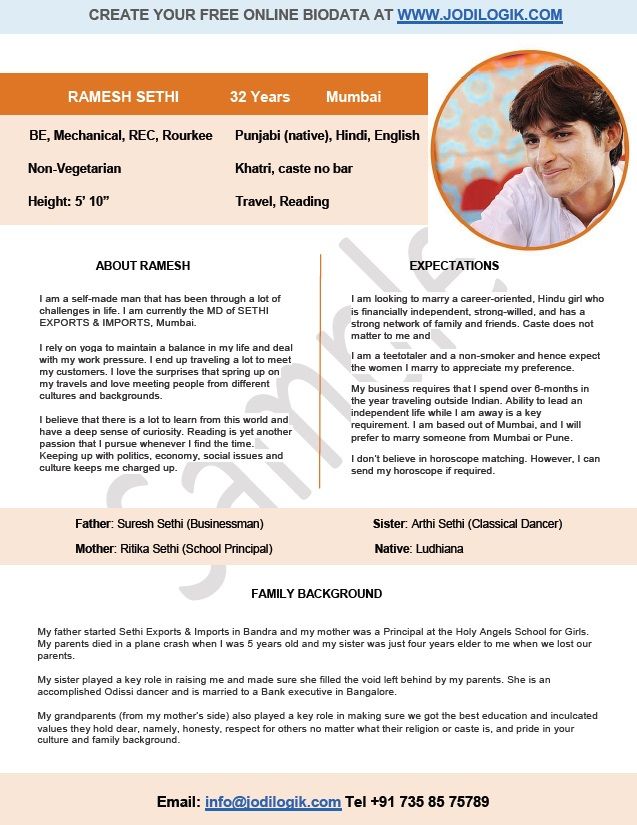 But not on hard scientific data. Since, until now, there has been no exact scientific data on why some marriages are successful, others are not.
But not on hard scientific data. Since, until now, there has been no exact scientific data on why some marriages are successful, others are not.
EQ marriages
The answer to the question "What is the basis of a lasting marriage?" surprisingly simple. Happy couples are not smarter, richer, or more insightful. However, their negative thoughts and feelings about each other (which all couples have without exception) never take precedence over positive ones. This is what I call emotional-intellectual marriage .
Recently, it has been recognized that the emotional intelligence (EQ) of a child is more important for his future success than IQ. The more different emotions a child experiences and the more able to empathize with other people, the more successful he will become. The same statement is true for marital relations. If they are emotional are intelligent , they will be able to understand and respect each other and their marriage - and therefore live happily.
Emotional intelligence can be developed not only in children, but also in adults. And it can save a couple from divorce.
Sad statistics
Divorce statistics are depressing. The probability that the first marriage will end in divorce before the couple's fortieth birthday is 67 percent. Half of all divorces happen in the first seven months. The divorce rate in second marriages is 10 percent higher than in first ones.
The likelihood of divorce is so high that it makes sense for all couples - even those who are currently satisfied with their relationship - to make additional efforts to maintain their strength.
One of the saddest reasons why a marriage fails is that neither spouse recognizes its value until it's too late. Only after the documents are signed, the furniture is divided and separate apartments are rented, the ex-husband and wife realize how much they have lost by abandoning each other.
Too often a successful marriage is taken for granted. And he is not given the nourishment and respect he deserves and desperately needs.
And he is not given the nourishment and respect he deserves and desperately needs.
Some may think that divorce is not such a tragedy. That it is quite modern and even natural. However, there is plenty of evidence of how painful a breakup can be for everyone involved.
An unhappy marriage, like divorce, negatively affects the health of spouses. It can increase the likelihood of disease by a third and even shorten life by an average of four years.
In an unhappy marriage, people experience chronic physical and emotional stress. It tires the body and mind and eventually manifests itself in the form of ailments. Most often - in high blood pressure and heart disease. Psychological abnormalities include anxiety, depression, violence, psychosis, murder, suicide, alcohol or drug abuse.
It is not surprising that such ailments are much less common in happy couples. In addition, they are more inclined to take care of their health: each of the spouses makes sure that his spouse regularly undergoes medical examinations, takes medicine, eats healthy food, and so on.
When a marriage breaks down, not only the husband and wife suffer, but also the children. Studies have shown that 63 preschoolers raised in families where there was hostility between spouses had chronically elevated levels of stress hormones compared to other children surveyed. We don't know how long-term exposure to such stress will affect their health. However, we know for sure that this was reflected in their behavior .
We followed their development up to 15 years. Compared to others, these teenagers were much more likely to skip school, study worse, suffer more from depression, peer rejection, behavioral problems - especially aggression.
An important conclusion from all this is that it is foolish to stay in a bad marriage for the sake of children . It is obviously harmful to raise children in a house where the parents hate each other. An amicable divorce is better than a war-like marriage. But, unfortunately, divorces rarely go amicably. Mutual hostility of former spouses usually continues after the breakup. For this reason, children of divorced parents often experience the same problems as children who are caught in the crossfire in an unhappy family.
Mutual hostility of former spouses usually continues after the breakup. For this reason, children of divorced parents often experience the same problems as children who are caught in the crossfire in an unhappy family.
700 test couples
There is shockingly little scientific research on how to keep a marriage strong and happy. When I took up these questions in 1972, probably all the "good" scientific data would fit in a small folder. By "good" I mean data that is collected using scientific methods as accurate as those used in medicine.
For example, many studies on marital happiness have been conducted exclusively by surveying husbands and wives. This approach is called the self-report method and, although it has the right to exist, it is rather limited. How do you know if a wife is happy, even if she checks the box “happy” on some questionnaire? It is not uncommon for a woman who is physically abused to rate her marital satisfaction highly. She talks about her torment only if she feels safe and is interviewed in private.
My colleagues and I have supplemented the traditional methods of studying marriage with innovative, more comprehensive ones. We have observed 700 couples in seven different rooms. These are not only newlyweds, but also couples with experience. We observed spouses who have recently become parents, and those whose children have already grown up.
I asked couples about their family history, their philosophy of marriage, how they view their parents' marriages. I recorded on video how they tell each other about the past day, argue or talk on pleasant topics. And to get physiological data (whether they are stressed or relaxed), I constantly measured their heart rate, sweating, blood pressure and immune function.
I met each couple at least once a year to see how their relationship was progressing.
Until now, my colleagues and I are the only ones who conduct such a comprehensive and large-scale observation and analysis of married couples. Our data reveals the anatomy of marriage . The results of these studies, and not my personal opinion, form the basis of the Seven Principles for a Happy Marriage, which I will discuss in later chapters.
The results of these studies, and not my personal opinion, form the basis of the Seven Principles for a Happy Marriage, which I will discuss in later chapters.
Our approach is very different from the standard approach offered by most family therapists. Indeed, as a result of my research, I had to discard some of the traditional views on marriage and divorce.
Family therapy fails
If you have had or have relationship problems, you probably received a lot of advice. It sometimes seems as if everyone who has ever been married or knows someone who has been married thinks they know the secrets of eternal love.
However, most points of view, whether they are voiced by a psychologist on TV or a wise manicurist in a beauty salon, are wrong. Many such theories, even those that were initially supported by talented theorists, have long been debunked - or deserve to be. But they have taken such a strong place in popular culture that you would never know about this fact.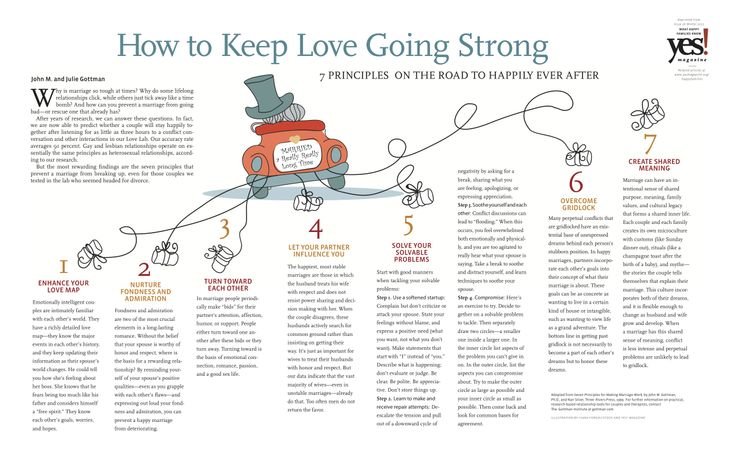
The biggest myth - that communication, or rather, the ability to resolve conflicts, is a direct path to a stable and happy marriage. Whatever the theory behind the family therapist, whether you prefer short-term, long-term therapy or a three-minute radio consultation with a local psychiatrist, the advice you will be given will be the same: learn to communicate.
It is easy to understand why this approach is so popular. When people are in conflict (this may be a brief spat; a competition to shout over whom; or an icy silence), everyone hopes to win the battle. A person is so focused on resentment and the desire to prove his case that normal communication becomes almost impossible. Therefore, it seems logical that listening to each other's points of view calmly and lovingly will help to find a compromise and restore balance.
The most common technique recommended by most family therapists for conflict resolution is active listening .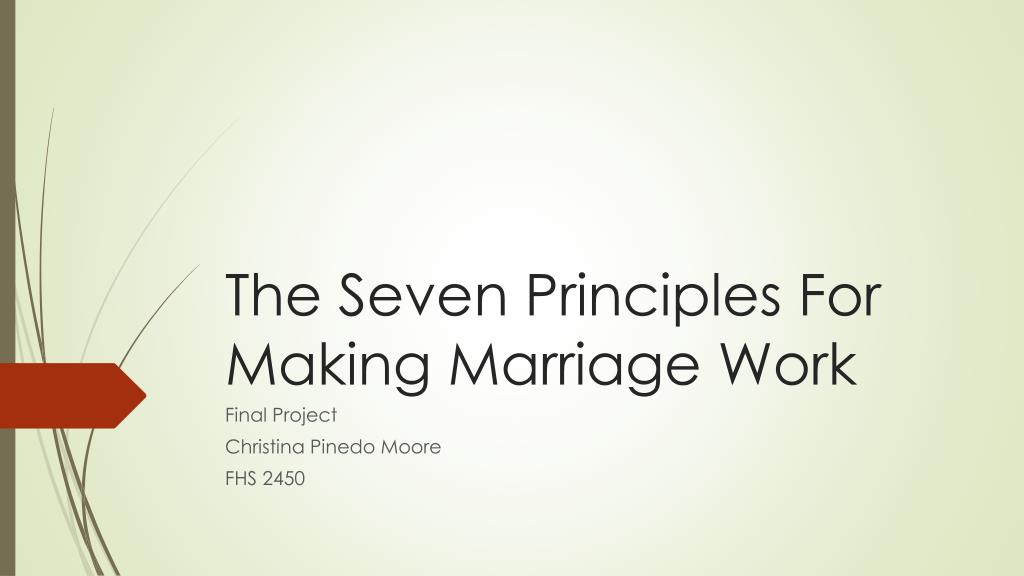
Let's say Judy is upset that Bob often works late. The therapist asks Judy to state her grievances as "I" statements that prioritize her feelings rather than blaming Bob. Judy will say "I feel lonely and depressed when I'm at home alone with the kids night after night while you work late" rather than "It's so selfish of you to always work late and expect me to take care of myself." children."
Bob is then asked to paraphrase Judy's statement and make sure he understands it correctly. (This shows that he was actively listening.) In addition, he is asked to respond to his wife's feelings - to let her know that he considers them logical, that he respects and empathizes with her, even if he does not share her point of view. He could say, "You must have a hard time babysitting when I'm late at work." Bob is asked not to evaluate, not to argue, to prove his point, and not to make excuses. “I can hear you” is a buzzword for active listening. Thanks to Bill Clinton, the expression "I feel your pain" is now quite common.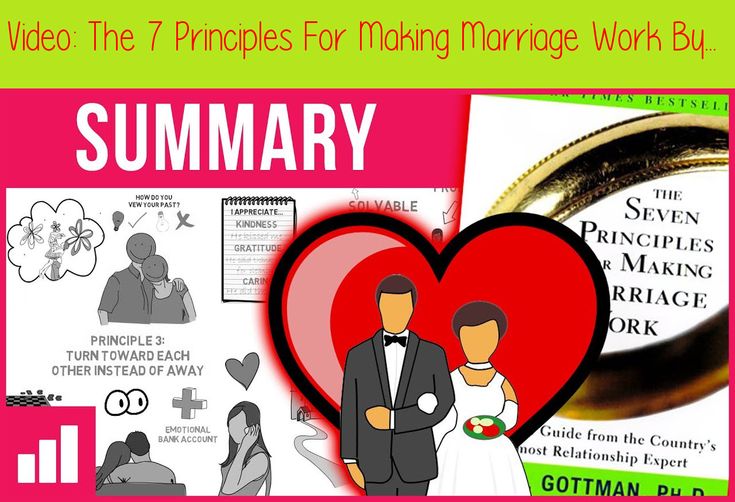
Where did this approach come from? The pioneers of family therapy brought it from the techniques of the famous psychotherapist Carl Rogers. Rogers' individual therapy flourished in the 1960s and is still practiced to varying degrees. His approach is to accept, without judgment, all the feelings and thoughts that the patient expresses.
For example, if the patient states, “I just hate my wife, she is such a bore,” the therapist nods and says something like, “I can hear you. You said your wife is nagging at you and you hate it." The goal is to create an environment of empathy so that the patient can trust the therapist by calmly examining their own thoughts and emotions.
Since ideally marriage is also a relationship in which people are not afraid to be themselves, it seems to make sense to train couples to practice this kind of unconditional acceptance. Of course, it is easier to resolve the conflict if everyone expresses sympathy for the point of view of the spouse.